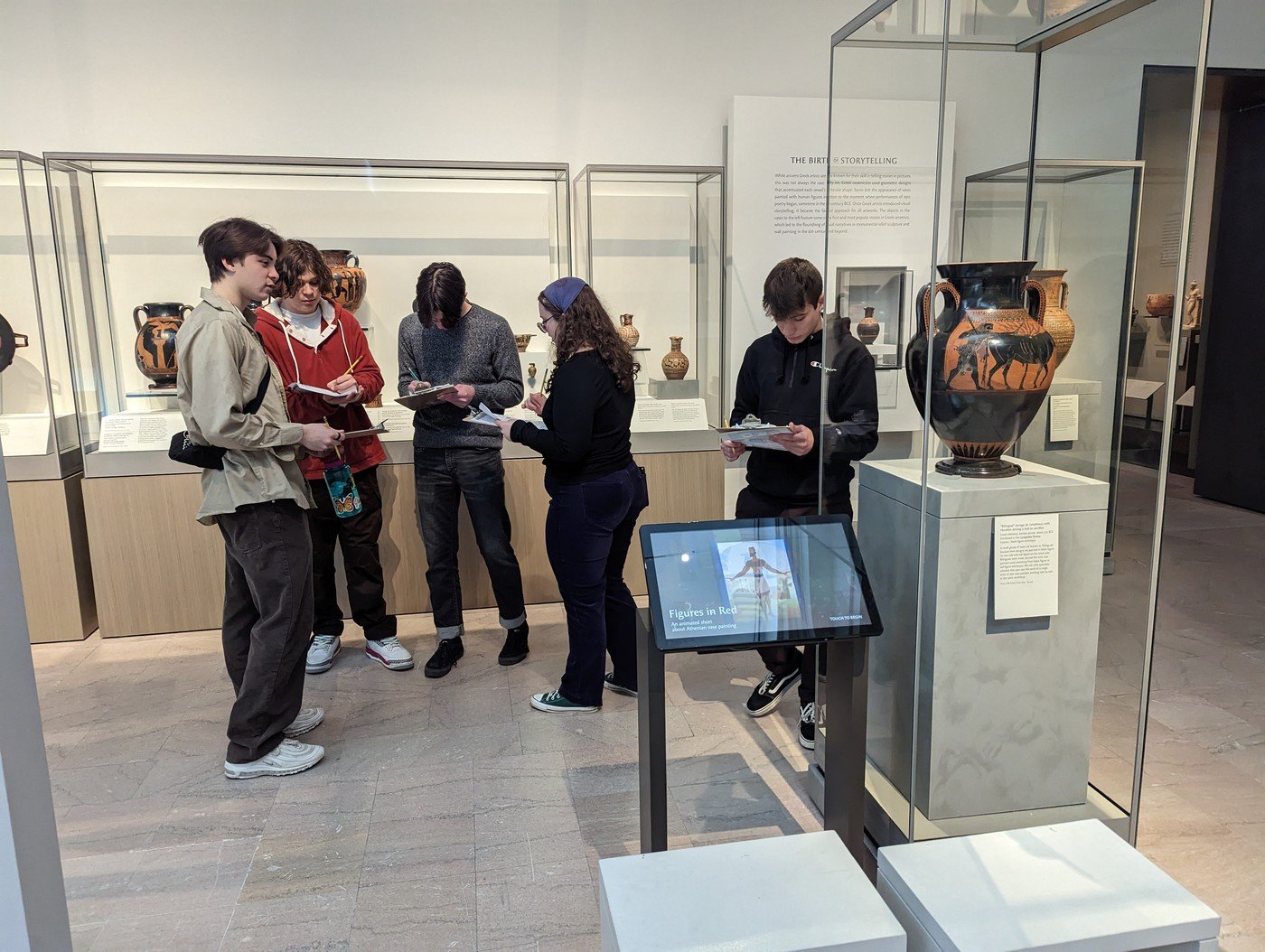8th graders put the novel To Kill A Mockingbird on trial this week to decide: Should students today still have to read this book? The trial was the culmination of an investigation into classics, and when and whether they should be canceled.
Our class looked at censorship issues around the US, developed criteria for what a classic book should do, and spent several weeks reading To Kill A Mockingbird, analyzing and discussing its flaws and merits.
Students found racist content and offensive language in the book, but they also found relevant messages about tolerance and justice. They interviewed elders about their experiences with the book and read articles to try to answer the question: Is this a racist book, or a book about racism?
This week, teams of defense attorneys presented arguments to keep the book in the curriculum, while prosecutors argued for its removal. Our judges asked tough questions of both sides and reached different conclusions in each class. In the end, students used pages of To Kill A Mockingbird to create a visual representation of what they believe should happen to problematic classics.
"In the book we are constantly feeling bad for the characters we morally shouldn’t be ... the way Harper Lee writes in the people of color, she uses them as literary devices to raise the plot of the story, leaving us to feel for the wrong people." - Lexi, Prosecutor
"Racism in our nation has often been ignored and [flown] under the radar, despite being the catalyst in so many issues then and today. It’s important for us all to know this, no matter what race, as history must be remembered and not forgotten, because once something is forgotten it can happen again." -Charlie, Defense




















